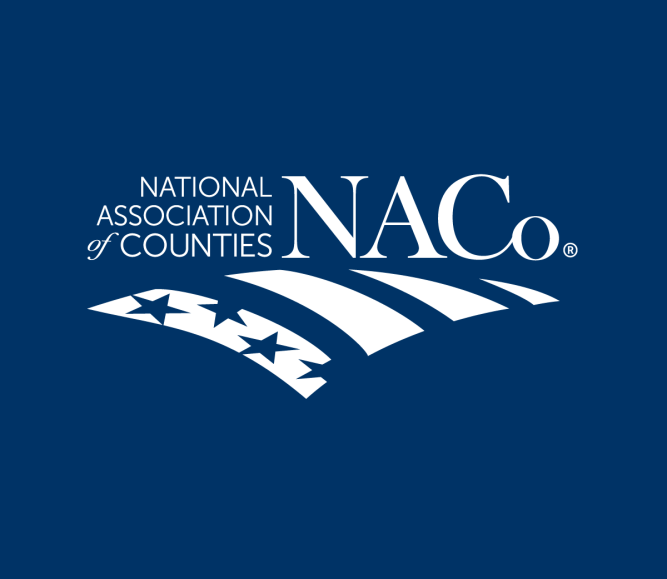New federal measures aim to enhance online protection for youth
Author

Blaire Bryant

Naomi Freel
Upcoming Events
Related News

Key Takeaways
On July 30, the U.S. Senate overwhelmingly passed the bipartisan Kids Online Safety and Privacy Act (S. 2073), aiming to shield children from online dangers. This legislation combines two significant bills: the Kids Online Safety Act (KOSA) (S. 1409) and the Children and Teens' Online Privacy Protection Act (COPPA 2.0) (S.1418).
The Kids Online Safety and Privacy Act would:
- Implement a "Duty of Care" Requirement: Platforms must prevent and mitigate harms such as bullying, violence, promotion of suicide, eating disorders, substance abuse, sexual exploitation, and illegal product advertisements.
- Enhance Safety Measures: Requires platforms to offer options for minors to protect their information, disable addictive features, opt-out of personalized algorithmic recommendations, limit interactions and features promoting prolonged use and default to the safest settings for minors.
Administrative action on online safety
Congressional action on this issue takes place against the backdrop of efforts by the Biden Administration to address online safety, through the recently formed Kids Online Health and Safety Task Force, which is co-led by the U.S. Department of Health and Human Services’ (HHS) Substance Abuse and Mental Health Services Administration (SAMHSA) and the U.S. Department of Commerce’s (DOC) National Telecommunications and Information Administration (NTIA). The task force released a report on July 22 providing recommendations and best practices on social media cyber safety for youth, entitled “Online Health and Safety for Children and Youth: Best Practices for Families and Guidance for Industry,” which highlights both the benefits and risks associated with digital technology and social media platform use by young people.
Below are key highlights from the report:
- Recommendations for parents and caregivers focus on best practices and strategies for managing children’s media use, initiating conversations about online safety and utilizing resources designed to protect youth online.
- Recommendations for industry focus on creating age-appropriate online experiences, ensuring privacy protections, reducing features that encourage excessive use, combating online harassment and exploitation and enhancing transparency about safety features.
- Recommendations for federal policymakers that call for federal legislation to protect youth online, increased industry responsibility, improved access to research data and international collaboration on online safety.
- Emphasis on a whole-of-government approach by acknowledging that achieving the goals outlined in the report will require collaboration among government agencies at all levels, researchers, industry, civil society and youth themselves.
Impact on counties
The mental health crisis, exacerbated by social media, is significantly impacting our youth. In 2021, about 15 percent of adolescents aged 12-17 experienced a major depressive episode. Suicide was a leading cause of death among ages 10-14 and 15-24. With 95 percent of teenagers and 40 percent of children ages 8-12 using social media, they face risks like bullying and harassment. County officials need to proactively address these risks in collaboration with all government levels.
Counties should partner with state and federal leaders, schools, healthcare providers and community organizations to share resources and develop guidelines addressing community-specific risks.
NACo’s policy platform seeks federal aid for social media safety education, parent outreach, school safety policies, research on threats to K-12 students and interventions for at-risk foster youth. NACo will continue advocating for federal reforms and funding to enhance online safety, a crucial strategy for improving youth mental health.
Resource
2024–2025 American County Platform and Resolutions

Related News

HHS Secretary Kennedy touts fixes for obesity, chronic illness, mental health issues
Counties can help improve health outcomes by prioritizing prevention over treatment, Robert F. Kennedy Jr., secretary of the U.S. Department of Health and Human Services told NACo Legislative Conference attendees.

Drug tracking software helps counties identify trends, save lives
Florida counties are using an artificial intelligence tool called Drug TRAC to track and report drug trends, with the aim of providing quicker outreach and saving lives.

White House Executive Order establishes national substance use disorder response
On January 29, the White House issued an Executive Order (EO) establishing the Great American Recovery Initiative, a new federal effort aimed at coordinating a national response to substance use disorder (SUD).